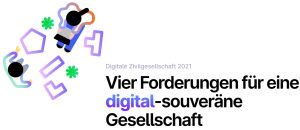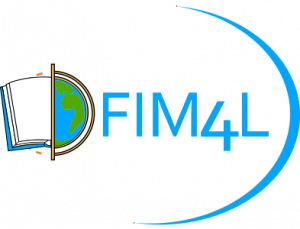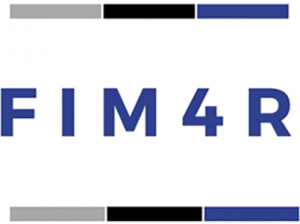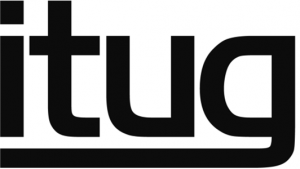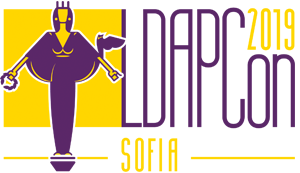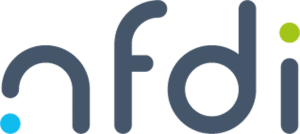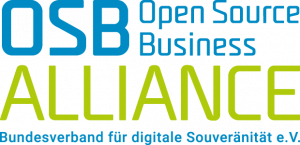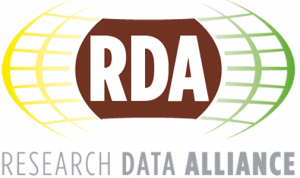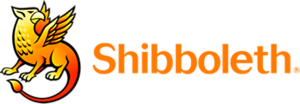DAASI International cooperates with various renowned IT companies and is an active member of various associations and initiatives in order to contribute to the promotion of modern open source technologies. Learn more about our cooperation partners below:
Memberships
The association DHd (Digital Humanities im deutschsprachigen Raum) was founded in 2013 and is supposed to be a forum and formal representation of interests for everyone involved in research and teaching in the field of Digital Humanities in germanophone countries, regardless of their discipline. Currently, around 400 researchers are members of the association.
Digital Civil Society is a grouping of civil society organisations and supporters from the private and public sectors. This collective has addressed the German government with four concrete demands for a just, sustainable and social digital future. The demands are based on the central principles of transparency, digital sovereignty and ecological and economic sustainability.
The working group FIM4L, federated identity management for libraries seeks to improve standards of cooperation in between libraries worldwide. Even though single sign-on technologies already made the first steps towards a global library network for research, but the technical implementation of user administration remains troublesome. The goal of FIM4L is to solve problems of the currently applied SSO strategy by considerably extending functionalities, to simplify cooperation for participating libraris, and ultimately improve the user experience, no matter where users or resources are located. DAASI International is cofounder of the working group and continues to be an active member.
FIM4R (Federated Identity Management for Research) is a collection of research communities and infrastructures with a shared interest in enabling Federated Identity Management for their research cyber infrastructures. In order to achieve this, FIM4R develops requirements bearing on technical architecture, federated identity management, and operational policies needed to achieve a harmonious integration between research cyber infrastructures and R&E Federations. These requirements may apply to R&E Federations, the research cyber infrastructures, or proxies and other components that link them together. FIM4R members collaborate with organisations in both domains, R&E Federation and research cyber infrastructures, to help implement these requirements.
With about 20,000 personal and 250 corporate members the Gesellschaft für Informatik e.V. (GI; German Informatics Society) is the largest and most important professional society for computer science in the DACH region. Since 1969 it represents the interests of computer scientists in science, economy, public administration, society and politics. With 14 departments, more than 30 active regional groups and countless specialist groups, the GI is platform for and the voice to all disciplines in computer science. The members commit themselves to the ethical guidelines for Computer Scientists of the GI and stand up for equal opportunities and gender justice in computer science.
The German section of the Internet Society (ISOC.DE e. V.) was founded in 1992, originally as Deutsche Interessengemeinschaft Internet (DIGI e. V.), to promote the spread of the Internet in Germany and to accompany its development both technically and socially. ISOC.DE stands for an open, future-oriented advancement and use of the Internet – for all people in Germany in constructive cooperation with Internet citizens worldwide. Membership of ISOC.DE is open to every interested individual and every company.
The ITUG (International TUSTEP User Group) was founded in Würzburg on 29 October, 1993 and is thus one of the first user associations in the field of digital humanities. The goal of the group is to assist both new and experienced TUSTEP users and to support information exchange within the TUSTEP Community. Furthermore, the ITUG is responsible for the maintenance, porting, development and spread of the TUSTEP system programme. The ITUG organises symposiums which are also open to non-members on a regular basis.
The LDAP-Con is a technology conference hosted by and on behalf of the LDAP community. It is both independent of and friendly to commercial and open source interests. First held in 2007 (Cologne, Germany) it still takes place every other year, and typically it lasts between two and three days.
In the National Research Data Infrastructure (NFDI) e. V. association, valuable data from science and research are systematically compiled, linked and prepared for sustainable and qualitative use by the entire German science system. Relevant data will be provided according to the FAIR principles (Findable, Accessible, Interoperable and Reusable). So far, they have mostly been available on a decentralised, project-related or temporary basis. The association National Research Data Infrastructure (NFDI) e. V. was founded in October 2020 and is becoming increasingly well known, as evidenced by the growing number of members. The objective of the association is to establish and ultimately develop effective, overarching research data management in Germany. To this end, institutions from all over Germany are networked.In the National Research Data Infrastructure (NFDI) e. V. association, valuable data from science and research are systematically compiled, linked and prepared for sustainable and qualitative use by the entire German science system. Relevant data will be provided according to the FAIR principles (Findable, Accessible, Interoperable and Reusable). So far, they have mostly been available on a decentralised, project-related or temporary basis. The association National Research Data Infrastructure (NFDI) e. V. was founded in October 2020 and is becoming increasingly well known, as evidenced by the growing number of members. The objective of the association is to establish and ultimately develop effective, overarching research data management in Germany. To this end, institutions from all over Germany are networked.
The Open Source Business Alliance (OSB Alliance) is an association of the Open Source industry in Germany. The OSB Alliance represents around 160 member companies, which employ around 10,000 people in Germany and generate more than 1.7 billion euros annually (as of 09/18). Jointly with academic institutions and user organizations, we are committed to sustainably anchoring the central importance of open source software and open standards for successful digital change in the public consciousness. This digital change should benefit companies, the public sector and society alike. In addition, innovations in the field of open source are to be promoted. The goal is to establish open source as a standard in public procurement and in research and business development. Because open source and open standards are an imperative basis for digital sovereignty, innovative ability and security in the digital change and thus the answer to one of the greatest challenges of our time.
The RDA (Research Data Alliance) was launched as a community-driven initiative in 2013 by the European Commission, the United States Government’s National Science Foundation and National Institute of Standards and Technology, and the Australian Government’s Department of Innovation with the goal of building the social and technical infrastructure to enable open sharing and re-use of data.
RDA has a grass-roots, inclusive approach covering all data lifecycle stages, engaging data producers, users and stewards, addressing data exchange, processing, and storage. It has succeeded in creating a neutral, social platform where international research data experts meet to exchange opinions. They further discuss topics, such as social obstacles of data sharing, education and training challenges, data management plans and certification of data repositories, disciplinary and interdisciplinary interoperability, as well as other technological aspects.
The mission of REFEDS (Research and Education FEDerations group) is the voice to articulate the mutual needs of research and education identity federations worldwide. The group represents the requirements of research and education in the ever-growing space of identity and access management, working with and influencing the direction of other organisations on behalf of their members.
The Shibboleth Consortium was founded in 2013 and is financially, technically and strategically responsible for the management of the Shibboleth Project ever since. Shibboleth itself is one of the most popular identity management systems worldwide. On an open source basis it provides products that enable secure and seamless access to protected online resources and applications. The Shibboleth Consortium ensures the reliability and longevity of the Shibboleth software.
The TextGrid e. V. organisation ensures the persistent and sustainable use of offers for the virtual research environment TextGrid in a heterogeneous community of scientific users. The association supports the content of the project by promoting the benefits and advantages of TextGrid in academia.
The ZKI (Zentren für Kommunikation und Informationsverarbeitung in Lehre und Forschung e. V., which translates to Centres for Communication and Information Processing in Teaching and Research) is the association of the IT service centres of the colleges, universities and research institutions in Germany. ZKI was founded in 1993 to promote experience exchange among member institutions and to advocate the interests of the central infrastructure facilities towards other associations, politics and the public.
Are you interested in working with DAASI International?
We’re looking forward to hearing from you.




